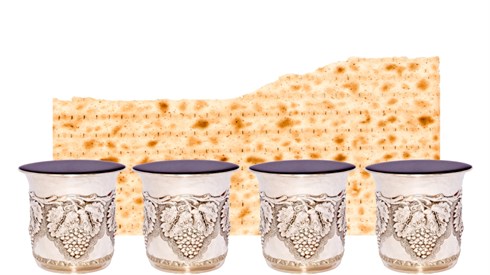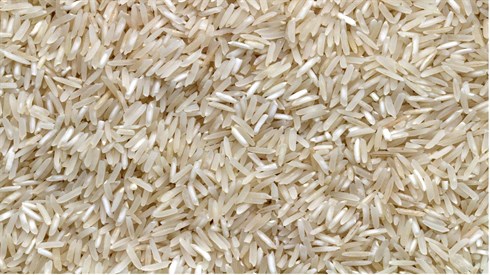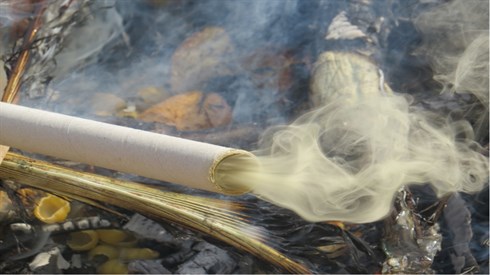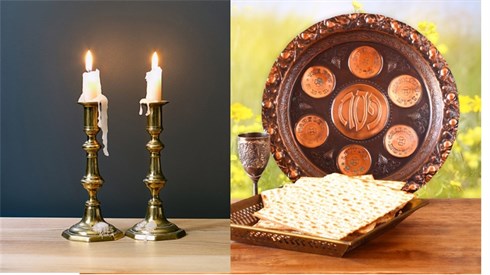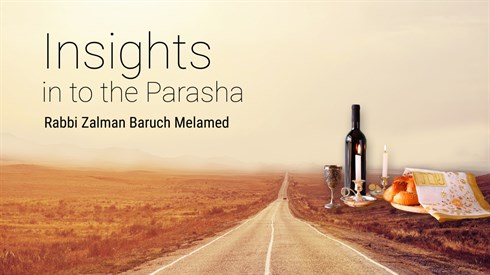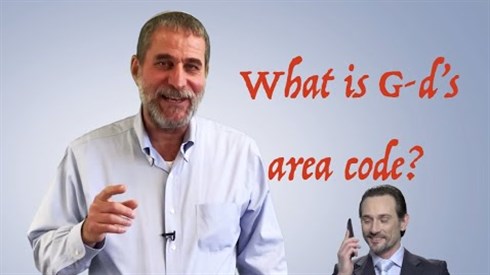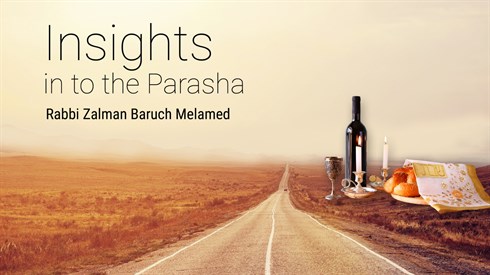parshat Emor
Text size
Rabbi Jonathan Sacks on Parashat Hashavua>>
-
 “Zichron Teruah” – On Judgment and Mercy
“Zichron Teruah” – On Judgment and Mercy
he term “zichron teruah” in describing Rosh Hashana among the holidays in our parasha, is a special term, which very likely refers to shofar blowing. But zichron, meaning remembrance, does not, at first glance, have a clear meaning. -
 Is Being a "Torah Jew" Enough?
Is Being a "Torah Jew" Enough?
This week's Torah reading of Emor discusses Kiddush Hashem and Chilul Hashem (sanctifying and desecrating G-D's name). The Navi Yechezkel explains how the entire nation is able to sanctify and desecrate G-d's name. -

-

-

-
 Israel is a Nation of Holy People
Israel is a Nation of Holy People
The matter of kedusha (sanctity) is very much stressed in the parshiyot of Vayikra. Parashat Acharei Mot starts with the service of the kohen gadol on Yom Kippur, whose pinnacle is in the Kodesh Kodashim of the mikdash. The parasha ends with the prohibitions of arayot (illicit relations), which is followed with the charge, “Be holy, for I, Hashem your G-d, am holy” (Vayikra 19:2). Rashi explains this to mean: “separate yourself from arayot and sin, for whenever you find separation from arayot, you find kedusha.” Parashat Kedoshim also ends with the commandment: “You shall be for Me holy, for I am holy, and I have separated you from the nations to be for Me” (ibid. 20:26).
Keep Reading...
<
54321
>



